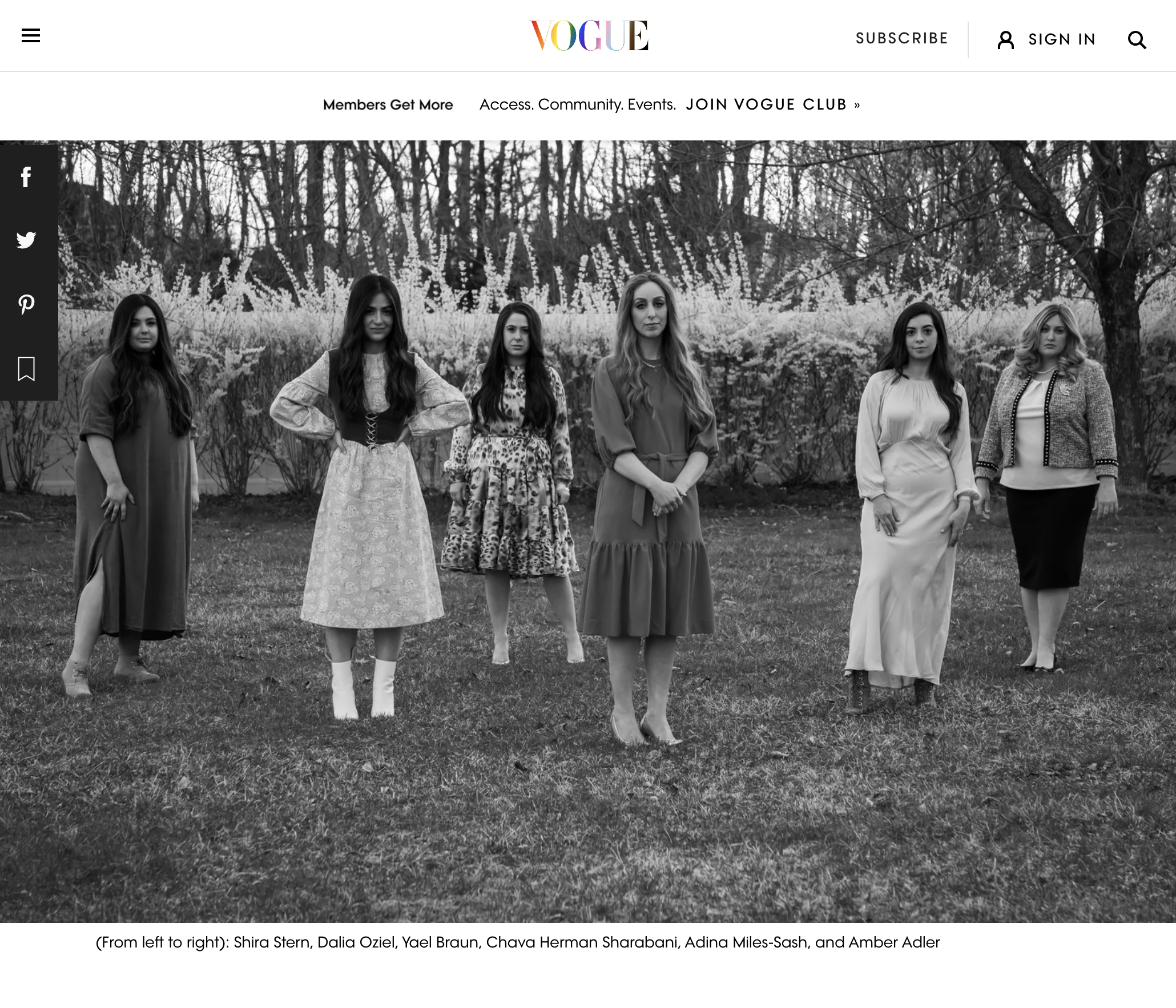Be an Activist for Every Agunah!
Here’s a Quick Overview of the Agunah Crisis
What is an Agunah?
An agunah is a woman whose husband refuses to issue her a religious divorce, known as a “gett”. In some cases he has deserted her or has disappeared. She cannot remarry until she gives proof of his death or obtains a bill of divorce.
About the Agunah Crisis
The Agunah crisis is a poignant and longstanding issue within Jewish communities, highlighting the struggles faced by women whose husbands refuse to grant them a religious divorce. This crisis, deeply rooted in traditional Jewish law, poses significant challenges for women seeking to move out of a marriage and on with their lives; remarry, and find closure. The term “Agunah” translates to “chained woman” in Hebrew, symbolizing the emotional and legal bondage these women endure.
Historical Context
The origins of the Agunah crisis trace back to traditional Jewish marriage laws that grant men the authority to initiate divorce by presenting their wives with a gett. While the process is meant to be consensual, instances of husbands withholding the get as a means of control or leverage have become distressingly common. This practice leaves women in a legal limbo, unable to remarry within the confines of traditional Judaism and often facing social stigma within their communities.
Legal Challenges
The Agunah crisis intersects with both religious and civil law, complicating the resolution process. In many countries, religious authorities play a significant role in marital disputes, and Jewish communities are no exception. The lack of a civil divorce can leave women without legal rights or protection in secular legal systems, exacerbating their vulnerability.
Rabbis and community leaders often face the delicate task of balancing the adherence to religious traditions with the need for justice and compassion. Some argue that changes within Jewish law are necessary to empower women and prevent the misuse of the religious divorce process. However, resistance to the altering longstanding traditions can create tension within communities.
Given the diverse observance levels within Judaism, this internal diversity also poses a challenge, as it requires consensus among rabbinic leaders from various sectors to facilitate systemic change. Presently, a significant number of rabbis advocate for the endorsement of a halachic prenuptial agreement or halachic postnuptial agreement, offering women a safeguard in the event of divorce refusal in the future, thereby enabling them to protect their interests.

Activism
Efforts to address the Agunah crisis have gained momentum in recent years, with advocacy groups working to raise awareness and push for change. Women’s rights activists within and outside the Jewish community have collaborated to shed light on the challenges faced by Agunot and to advocate for legal reforms.
Education is a key component of these initiatives, aiming to inform both the community and its leaders about the complexities of the Agunah crisis. By fostering understanding and empathy, activists hope to build bridges between traditional values and the need for equitable solutions. Furthermore, the need to ignite change is greater than ever and measurable results are vital to securing the future of Jewish women.
Legal Reforms and Progress
Several Jewish communities have taken steps toward addressing the Agunah crisis by implementing legal reforms. Rabbinical courts in some regions have become more proactive in challenging husbands who refuse to grant the get, applying pressure through both social and religious means to encourage compliance.
Additionally, some jurisdictions have introduced legal measures to protect women in civil courts, regardless of religious divorce status. These reforms aim to provide a safety net for Agunot, ensuring their rights are upheld beyond the confines of religious law. However, there is a tremendous amount of work to be done to set up the policy and legal resources needed to help every agunah.
Coercive Control
Gett refusal is coercive control. Coercive control is Domestic Violence. But, what is coercive control? It is form of abuse that refers to a pattern of behavior used by an individual to dominate, manipulate, and exert power over another person in a relationship. This form of abuse often involves tactics such as intimidation, isolation, surveillance, threats, and manipulation, aiming to undermine the victim’s autonomy, self-esteem, and independence. It extends beyond physical violence and can include emotional, psychological, financial, and sexual abuse, creating a pervasive atmosphere of fear and control within the relationship.
Currently, in New York State, there is a proposed bill in the state legislature that could make Coercive Control a Class-E Felony. It is important to support this bill and encourage legislators to support this bill.
Conclusion
The Agunah crisis is a multifaceted challenge that demands careful consideration of both religious traditions and the pursuit of justice. While progress has been made in raising awareness and implementing reforms, there is still much work to be done. The ongoing dialogue within Jewish communities and the collaboration between activists, religious leaders, and legal authorities are crucial steps toward finding a compassionate and equitable resolution to this deeply rooted crisis.
Protect Yourself Today!
If you are a jewish woman planning to get married in a religious ceremony, this is for you! If not, please share with your friends that this may be helpful for.
If you’re considering residing in California, it’s advisable to sign the California version of the halachic prenup. If you’re already civilly married and living in California, you can access the California Halachic Postnup by clicking here.
It is recommended that if you plan to live in California, then you should sign a specific to California version of the halachic prenup. To access this, please click the following California Version of the Halachic Prenup. If you are already civilly married and living in California, then you can Click Here to view the California halachic postnup.“
If you are in Israel use the Agreement for Mutual Respect that you can access at this link: ההסכם לכבוד הדדי המחודש.
